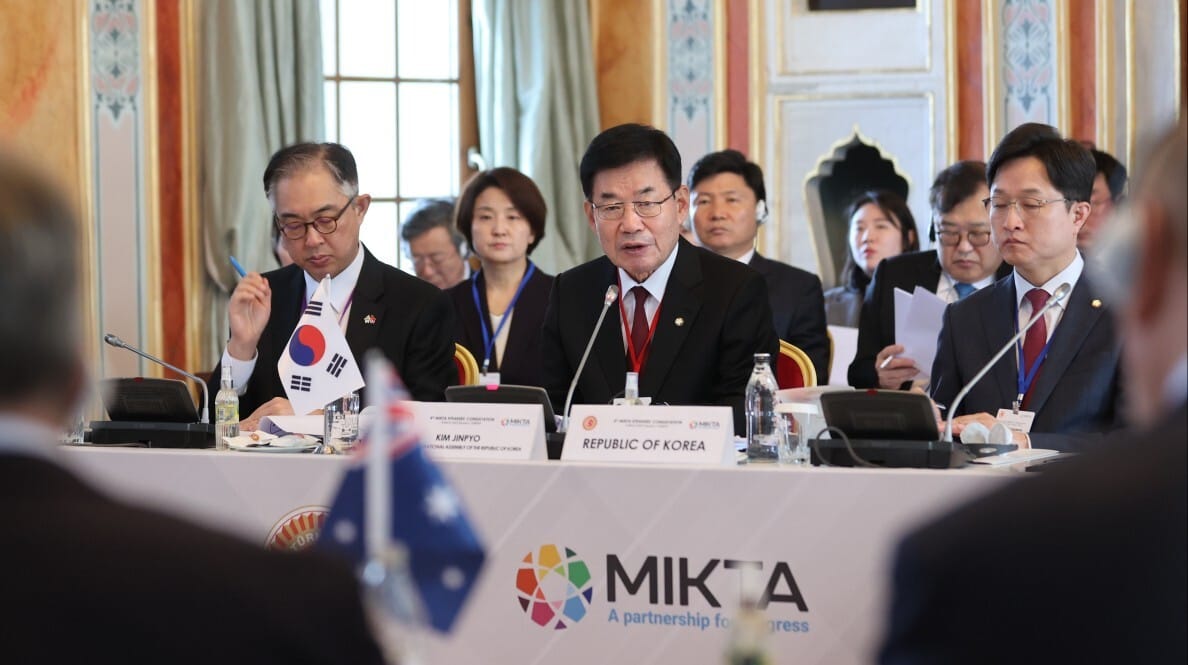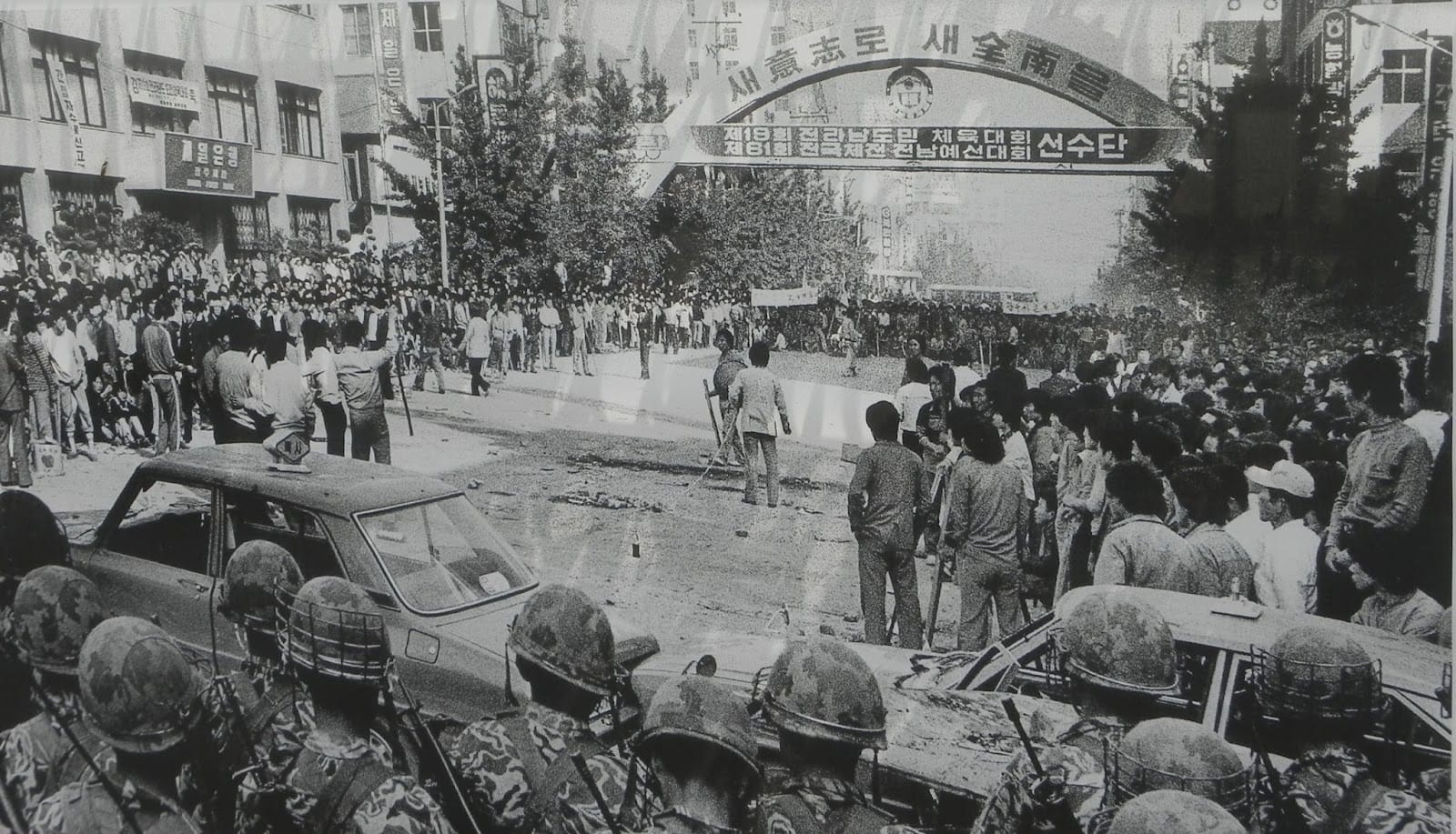In a significant political development, the South Korean National Assembly has voted overwhelmingly to impeach President Park Geun-hye. The vote, which passed with 234 votes in favor and 56 against, was driven by allegations of corruption and abuse of power linked to a close confidante of the president, Choi Soon-sil. The decision to impeach President Park marks a historic moment in South Korea’s political landscape, as it is the first time a democratically elected president has faced such action since the country transitioned to democracy in the late 1980s.
The allegations against President Park center around her relationship with Choi Soon-sil, who is accused of using her influence over the president to extract millions of dollars from major South Korean conglomerates. These funds were allegedly used to support non-profit foundations controlled by Choi, which critics argue amounted to a form of state corruption. The scandal has led to widespread public protests in Seoul and other major cities, demanding accountability and transparency from the government.
Following the impeachment vote, President Park’s powers have been suspended, and Prime Minister Hwang Kyo-ahn has assumed the role of acting president. The decision now rests with the Constitutional Court, which has up to 180 days to review the impeachment motion and decide whether to uphold or overturn the National Assembly’s decision. If the court upholds the impeachment, a new presidential election would be held within 60 days.
The political turmoil comes at a challenging time for South Korea, as it grapples with both domestic and international issues, including tensions with North Korea and economic concerns. The outcome of the impeachment proceedings will have significant implications for the country’s political stability and governance.



